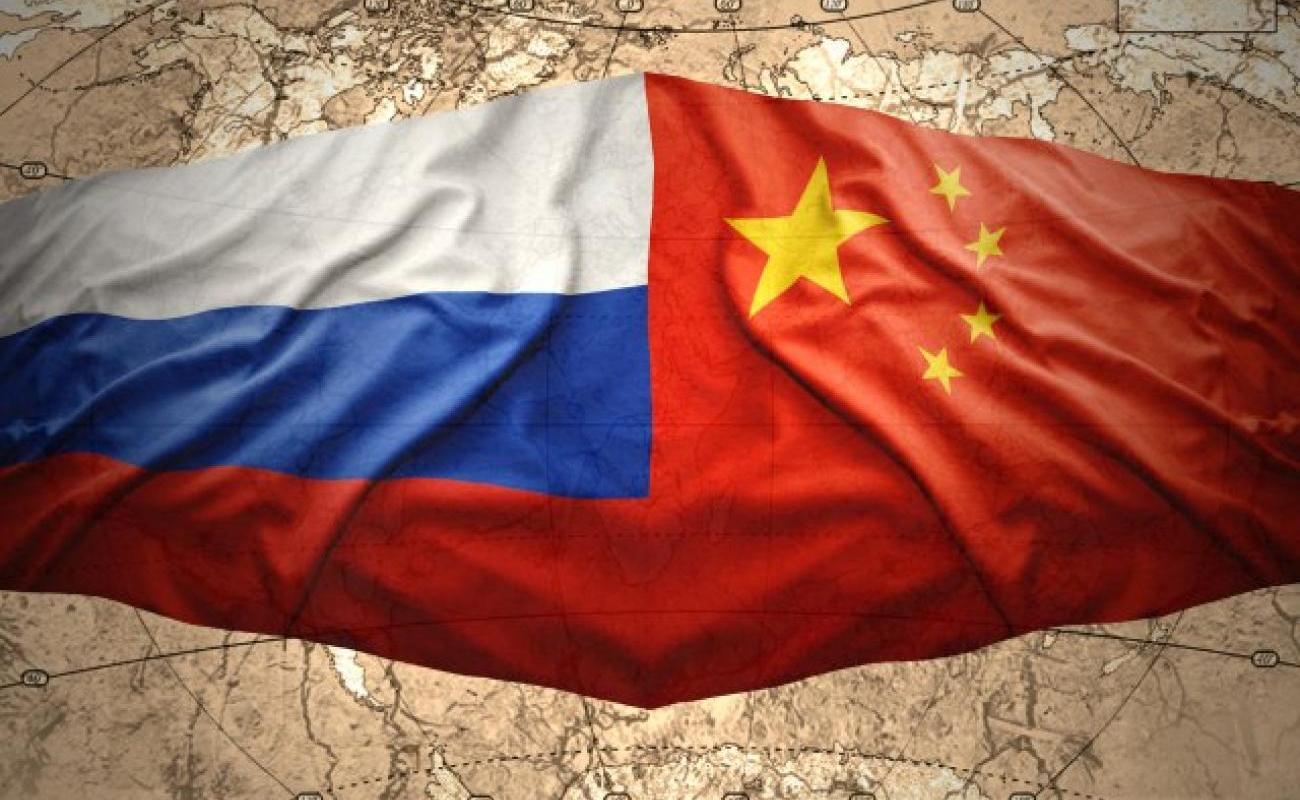China's support for Russia challenges Europe's Peace Order

It could have been worse. Imagine if the Chinese government had enthusiastically supported Russia's attack on Ukraine and was now sending weapons to bolster its firepower. The war would look even more like a dangerous global conflagration.
But even so, China's soft support to Russia is deeply troubling for Europe. Here is the EU's biggest trading partner signalling that it does not care about the work of generations of Europeans to build security on the continent after two devastating world wars. It is on the side of Russia, its aggression and its challenge to the post-war international order.
Exhibit One of China's troubling attitude is the Chinese-Russian summit on 4 February in which the two sides stressed the need for "peaceful leadership", criticised states for "using force" and expressed their "friendship with no limits".
Three weeks later, Russia started its all-out attack on Ukraine. The Chinese government now claims it knew nothing about the invasion and did not believe US intelligence, which had warned of war.
Exhibit Two is a phone call between Xi Ping and Putin on 15 June. The Chinese transcript noted that the Chinese government continues to support Russia on security issues and strategic co-ordination. Instead of urging Russia to end the war, the Chinese government condemns other countries for supporting the country defending its sovereignty — Ukraine.
The June call was made after Putin made clear that he see the war as a traditional land grab of the sort that was normal in Europe for centuries.
Comparing himself to Peter the Great, he declared that in the 18th century Russia had "reclaimed" land from Sweden in the Northern Wars, and it had fallen to Russia today to "reclaim and protect such territories", developing a point he made in his infamous historical essay last year.
Now, nothing is more central to Europe's post-war order than the idea that borders should not be changed. If countries were to return to this path, almost every one start wars to "correct" historical-border claims against its neighbours.
After two devastating world wars, subsequent generations of democratic Europeans overcame that logic and established a new idea: borders would be guaranteed. And rather than being changed, they should become less relevant. Within the EU, people should be able to travel with ease, living and taking up work wherever they want to.
Russia signed up to the inviolability of borders in countless documents throughout the 1990s, which also is also reflected in the UN charter. Together with the United States and United Kingdom, it explicitly guaranteed the borders of Ukraine in the now infamous Budapest Memorandum, in return for Ukraine handing its nuclear weapons to Russia.
Russia's attacks on its neighbours, especially Ukraine since 2014, are a direct challenge to Europe's security order. A nuclear power tells its neighbour: "I can kill your people and steal your territory whenever I see fit for whatever reason I may come up with."
And yes, the Russian government has given lots of reasons, none adding up to anything under international law to even remotely justifying the war.
Picking sides
By expressing understanding of Russia's war and stressing its partnership, China has put itself on the side of the aggressor — making a mockery of principles it highlights as Chinese policy, such as non-interference, harmony and peace.
The signal to Europe is clear. If it suits the Chinese leadership's interpretation of its global interests, Europe's security achievements, commitments and stability are irrelevant to China.
What does this mean for EU-China relations? In 2019, the EU declared China to be a systemic rival. Since then the relationship has gone worse. China has copied more of Russia's aggressive tactics, including disinformation campaigns, to weaken European unity and democracy.
And China is constantly signalling systemic rivalry: a little-noticed aspect of the China-Russia summit was a long paragraph in their joint communique claiming that their political systems were actually democracies — just of a different kind from other democracies. Key elements of democracy, such as free media or competitive elections, were not mentioned.
In reality China's trajectory has nothing to do with democracy. Even the idea of collective party leadership, which can provide some level of control, is disappearing. They system is evolving into the highly-personalised rule of Xi Ping.
The Russian war against Ukraine highlights the global security risks of a major power with authoritarian one-man rule. The EU should be clear-eyed about the risk of China's domestic set-up. It should not dismiss Chinese challenges to European peace and democracy as a minor nuisance.
Germany and France prefer a conciliatory tone with Chinese interlocutors, hoping that China can help finding a solution to Russia's war. Talking to China remains important, but the conversation should not create any illusions about the extent of the Chinese challenge to the EU´s core interests.
